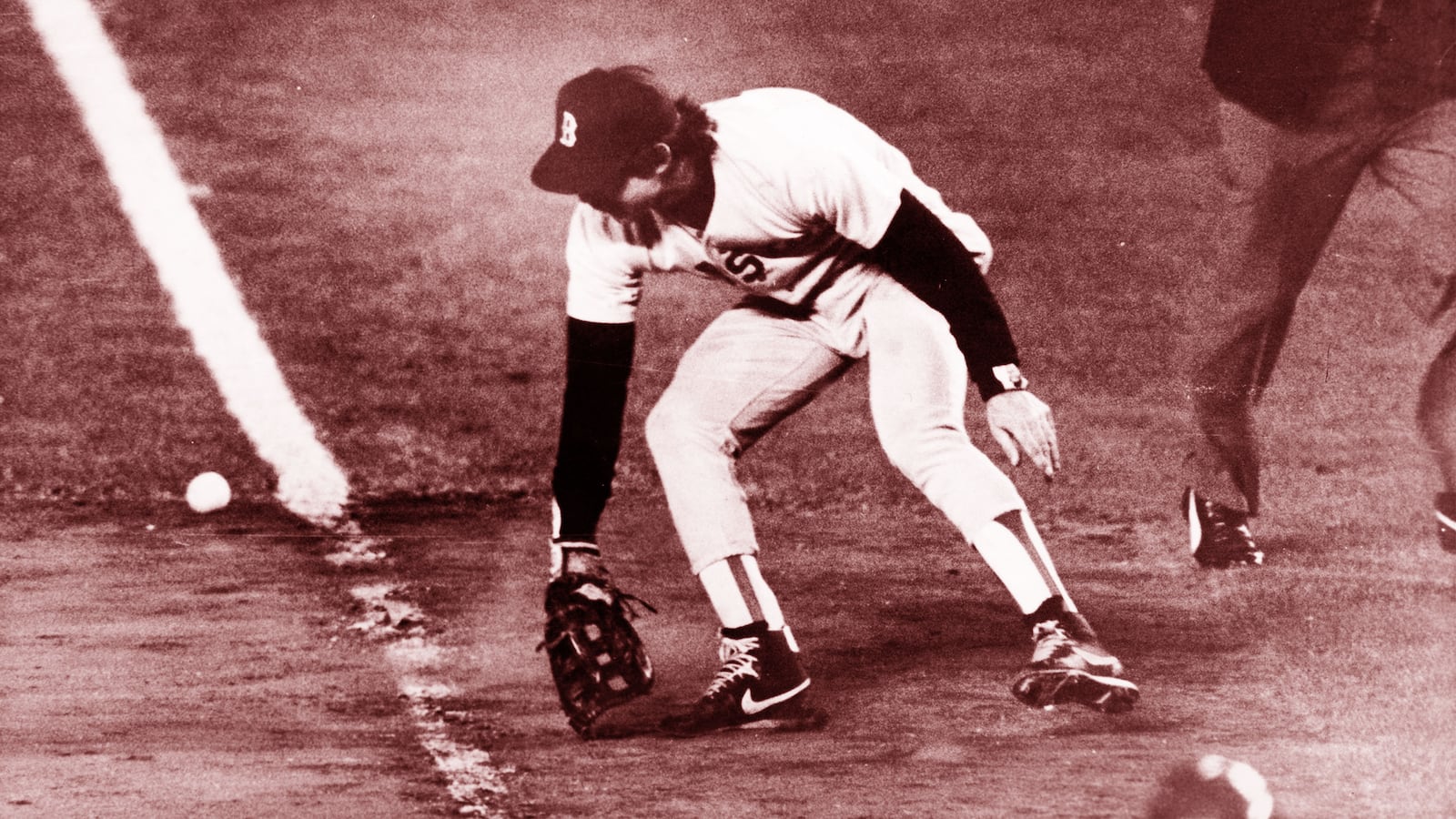Did President Trump tell then-FBI Director James Comey that he hoped Comey could see his way clear to letting Michael Flynn go? Absolutely, says Comey. No I didn’t, Trump says (not that there’d be nothing illegal about that). Now granted, in this particular he-said-he-said conflict, I’m pretty sure whose recollection is more trustworthy. But it does raise a point that may be more problematic as the Russia/obstruction of justice questions proceed.
We’ve known for years that the memory of witnesses—about what they saw, about what was said—can be highly unreliable. As University of California at Irvine psychology professor Elizabeth Loftus has noted, "Just because someone says something confidently doesn't mean it's true." Indeed, experiments by Loftus and others have demonstrated that a people will retain full confidence in their own memories even when confronted by clear evidence to the contrary. Just a few days ago, I experienced firsthand just how true that notion is.
At a recent gathering, a friend and I desperately tried to avoid the oh-my-God-did-you-see-what-he-did-now conversation by talking about memorable baseball moments. Bill, who is one of the sharpest, most perceptive minds I know, vividly remembered Game Six of the 1986 World Series, when the Boston Red Sox, one out away from the championship, let the game slip under the glove of Bill Buckner.
Bill and a prominent political figure who lived in Boston watched the game at Fenway Park, he recalled, and then came to New York where the Mets won Game Seven and the Series.
“Wait a minute,” I said. “Game Six wasn’t played at Fenway; it was played at Shea Stadium in New York.”
“No,” Bill responded. We were at Fenway; I’m absolutely sure.”
What followed was a striking example of Professor Loftus’ findings. Every piece of evidence I offered was rejected. In baseball’s World Series, I said, Games Six and Seven are always played in the same venue—it’s not like basketball’s 2-2-1-1-1 format. No, he was adamant.
Don’t you remember, I said, that when the ball trickled into right field, and Ray Knight scored, that was the end of the game? If it had been at Fenway, the Sox would have had a chance to win the bottom of the inning. No; Bill knew, absolutely knew, he watched at Fenway.
Here’s the press account, I said, scrolling through the web on my phone. And by the way, I added, I will wager any amount you choose, up to my entire life savings.
Only when Bill saw the video—the Mets surrounding Knight at home plate, in their home pinstriped uniforms—did he yield. And then we figured out what had put so strong and wrong a memory into his brain. Rain had postponed Game Seven, so Bill and his companion had gone back to Boston, and then indeed had come back to New York to witness the final humiliation of the Red Sox.
Now as I said, Bill is the furthest thing from a cognitively challenged mind. He can tell you the results of a 30-year-old congressional primary down to the decimal point. But in this case, the (accurate) memory of a trip from Boston to New York had fueled a different “memory” of one of baseball’s most memorable contests. There was just enough supporting data to fuel that non-memory.
It’s one thing when this kind of “short-circuit” creates a misleading memory about a baseball game. It’s quite other when eyewitness testimony puts an innocent defendant in prison for years, or even on Death Row, as happens with depressing regularity. And it’s a whole different level of concern when the fate of a presidency and the country may be at stake.
If Special Counsel Bob Mueller gets to interview the Director of National Intelligence, or the former Deputy Director of the NSA, their recollections of conversations with President Trump could well determine whether Mueller believes there’s a credible case to be made about obstruction of justice. The words, the body language, the tone are all critical element of a decision. (God knows we’ve already seen how this President’s absolute certainty about events often has a distinctly casual relationship to reality).
And that’s why, in the coming weeks and months, I’m going to keep this story about a 31-year-old baseball game in mind. The accuracy of a memory does not depend on the intelligence of the witness, much less his or her political inclination. There’s reason to insist on as conclusive a validation as possible.
Oh, one more thing: until I checked, I had “clearly” remembered that the winning run in that game was scored by Mookie Wilson. Nope; he was the batter whose roller down the first base line found its way under Buckner’s glove. And unfortunately for poor Buckner, that’s one memory none of us will ever confuse.






